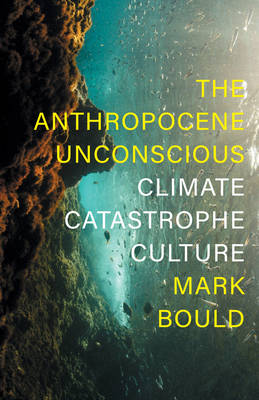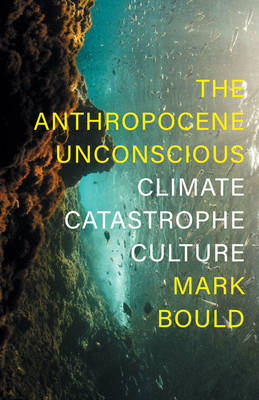
- Retrait gratuit dans votre magasin Club
- 7.000.000 titres dans notre catalogue
- Payer en toute sécurité
- Toujours un magasin près de chez vous
- Retrait gratuit dans votre magasin Club
- 7.000.0000 titres dans notre catalogue
- Payer en toute sécurité
- Toujours un magasin près de chez vous
19,45 €
+ 38 points
Description
From Ducks, Newburyport to zombie movies and the Fast and Furious franchise, how climate anxiety permeates our culture The art and literature of our time is pregnant with catastrophe, with weather and water, wildness and weirdness. The Anthropocene - the term given to this geological epoch in which humans, anthropos, are wreaking havoc on the earth - is to be found bubbling away everywhere in contemporary cultural production. Typically, discussions of how culture registers, figures and mediates climate change focus on 'climate fiction' or 'cli-fi', but The Anthropocene Unconscious is more interested in how the Anthropocene and especially anthropogenic climate destabilisation manifests in texts that are not overtly about climate change - that is, unconsciously. The Anthropocene, Mark Bould argues, constitutes the unconscious of 'the art and literature of our time'. Tracing the outlines of the Anthropocene unconscious in a range of film, television and literature - across a range of genres and with utter disregard for high-low culture distinctions - this playful and riveting book draws out some of the things that are repressed and obscured by the term 'the Anthropocene', including capital, class, imperialism, inequality, alienation, violence, commodification, patriarchy and racial formations. The Anthropocene Unconscious is about a kind of rewriting. It asks: what happens when we stop assuming that the text is not about the anthropogenic biosphere crises engulfing us? What if all the stories we tell are stories about the Anthropocene? About climate change?
Spécifications
Parties prenantes
- Auteur(s) :
- Editeur:
Contenu
- Nombre de pages :
- 176
- Langue:
- Anglais
Caractéristiques
- EAN:
- 9781839760471
- Date de parution :
- 09-11-21
- Format:
- Livre relié
- Format numérique:
- Genaaid
- Dimensions :
- 132 mm x 200 mm
- Poids :
- 226 g

Les avis
Nous publions uniquement les avis qui respectent les conditions requises. Consultez nos conditions pour les avis.






